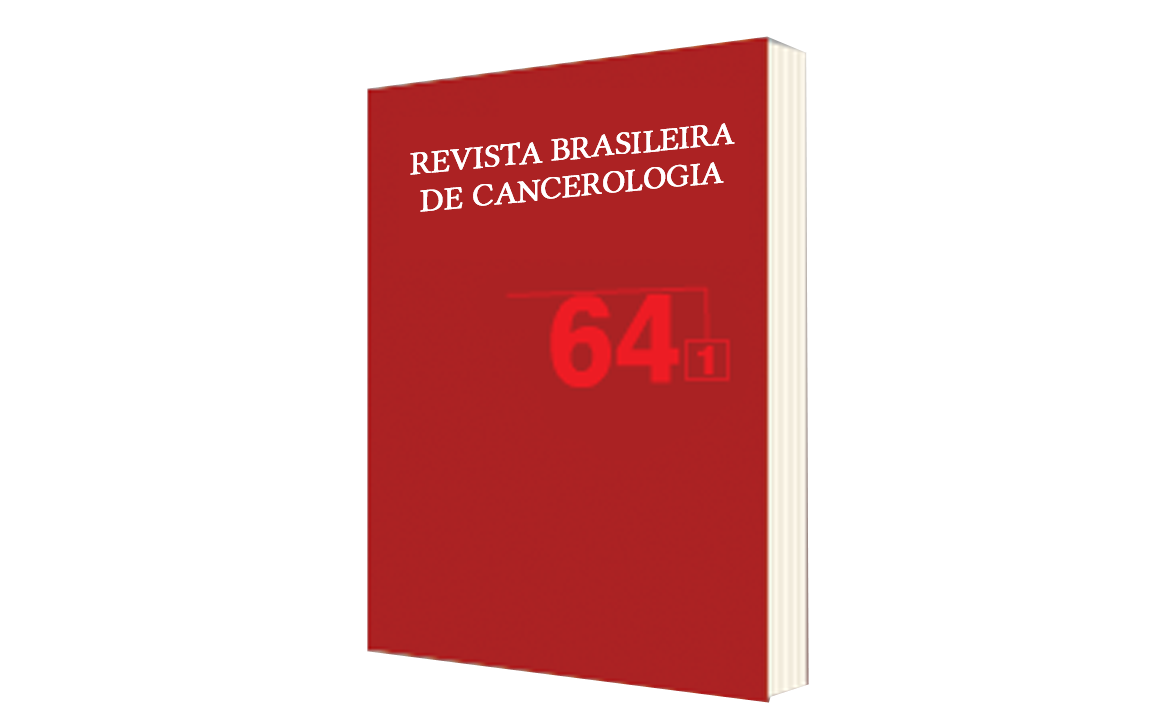Real-World Data Related to Non-Metastatic Breast Cancer in Young Women: Experience of a Single Institution
DOI:
https://doi.org/10.32635/2176-9745.RBC.2018v64n1.116Keywords:
Breast Neoplasms, Young Adult, Health Services ResearchAbstract
Introduction: Breast cancer is the leading cause of cancer-related deaths in women aged 20-59 years. Younger women usually have more aggressive tumors and more advanced disease with larger size and axillary lymph node involvement. There have been few studies assessing the characteristics of breast cancer in very young women. Objective: Evaluate the epidemiological and clinical profile of non-metastatic very young patients with breast cancer. Method: We performed a retrospective analysis to evaluate the epidemiological and clinical profile of non-metastatic breast cancer in patients ≤ 30 years of age treated between 1993 and 2011 at the Brazilian National Cancer Institute José Alencar Gomes da Silva. We evaluated relapse-free survival (RFS) and overall survival (OS). Results: Of the 196 patients evaluated, 181 (90%) had ductal carcinoma, 79 (40%) had high-grade tumors, and 102 (52%) had hormone receptor-positive tumors. 117 patients (60%) had stage III disease at diagnosis. The median age was 29 years (range, 17-30 years). of 185 patients who underwent surgery, 156 (84.3%) underwent total mastectomy and 171 (92%) underwent axillary lymph node dissection. 119 patients received neoadjuvant chemotherapy, and 14 patients (9.3%) underwent neoadjuvant radiotherapy. after a median follow-up of 81.5 months, 109 patients (55%) had relapsed and 81 (41%) had died. The median RFS and OS were 49.5 months and 134 months, respectively. lymph node involvement and neoadjuvant chemotherapy were associated with shorter RFS and OS. Conclusion: Breast cancer is uncommon in young patients, especially in those ≤ 30 years of age. We found a predominance of locally advanced disease and worse prognostic pathological characteristics. despite the aggressive treatment, our patients had worse outcomes than those reported by other authors.










